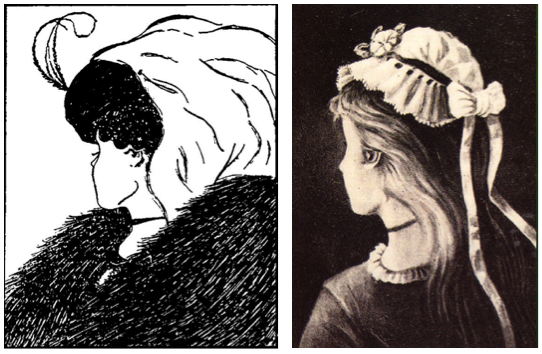Vigilante Mediation – When Batman simply wants to talk
- laurenjavins8
- Jan 4, 2019
- 3 min read
Updated: Jan 11, 2019
When I heard the word “vigilante,” Batman comes to mind. He swoops in, fights and defeats the “bad guys,” bringing justice to criminals through violence. But what if Batman were to swoop in and instead start to deescalate a situation? What if “vigilante” is synonymous with volunteer mediation?
That is what is happening in Nigera now. In Barkin Ladi county where the police force and local government are understaffed, underpaid, and underequipped, local citizens have banded together to mediate disputes among their neighbors.
Vigilante Mediators roam the countryside, settling conflicts large and small: from halting violence between farmers and herders, to small business disputes.

Nigeria has a history of vigilantism, most often coming in the form of terrorism. Boko Haram has terrorized North east Nigeria by razing villages and kidnapping children; Guerilla groups have terrorized the south of the country, targeting government and oil companies. Conflict over land has sparked in Barkin Ladi, in the center of the country, where herdsmen are suspected to have massacred over 200 farmers last June.
Population growth and climate change have shrunk arable land- forcing Christian Farmers to plant crops on land traditionally left for grazing and Muslim herdsmen to drive their cattle into crops.
With the guerilla warfare, lack of government control, and people clamoring for justice it would be no wrong assumption for ordinary people in Barkin Ladi to distrust the vigilante mediators, who themselves are armed with guns (with rubber bullets).
But this is not the case.
Vigilante Mediators have cultivated a special trust with the Barkin Ladi community, precisely because they are ordinary people. As reported by the Washington Post, on Vigilante Mediator is quotes to say, “When people see us, they trust us…It’s not like the army or the police. We are the community.”
Mediators are trusted because they come when called, do not ask for bribes, and are seen as fair. They have a stake in the peacefulness of their communities. Instead of resorting to violence, these non-state actors use mediation to bring change, justice and peace to their neighborhoods.

Many communities have free mediation programs that deal with disputes – near where I live, there are programs like Community Mediation DC or Community Mediation Maryland. Civilian peacekeeping might also be a common subject to a few – where volunteer civilians engage in unarmed civilian protection programs, human and civil rights monitoring and ceasefire monitoring.
What I thought was interesting about the Vigilante Mediators, was that they not only diffused situations, they are able to resolve tension situations. Where authorities on justice are limited, like the government or even police, the Vigilante’s stepped in to not only preserve the peace but ensure that everyone felt that their grievances were heard.
Without this crucial step, conflicts are bound to flare up again – sometimes more violent than before because party needs have not been met. The Vigilante Mediators combine community peacekeeping and conflict resolution in a neat package, providing a sense of security and fostering community ownership of peace.
Of course, the Vigilante Mediator program cannot solve all problems across the county, and it does have some shortcomings. However, I wanted to share Nigeria’s example because it was compelling evidence that changing the way we react to conflict can have a significant impact on whether conflict ignites in a given area.

Perhaps it is a counterfactual- we can’t know what would have happened if the vigilante mediators had decided to entrench their positions and take up arms to protect themselves and their communities.
Instead, the mediators acted with non-violence, banded together and decided to address the root causes of conflict in their community. Rather than be “neutral mediators,” they are members of the community and know intimately the conflicts within their communities. They have a vested interest in the relationships between their neighbors.
Though this goes against general mediation theory, where the mediator should be a neutral third party or at least impartial, these mediators are solving conflicts without these burdens. Perhaps their success is precisely because they are part of the community, because of their inclusion of all people regardless of background.
They represent the population: in religion, in trade, in their everyday layman qualities. They are ordinary people, including everyone, to seek collaborative solutions to their man-made and climate-exacerbated conflicts. They are, simply, everyday superheroes.
Information from Washington Post, story written by Max Bearak






Comments